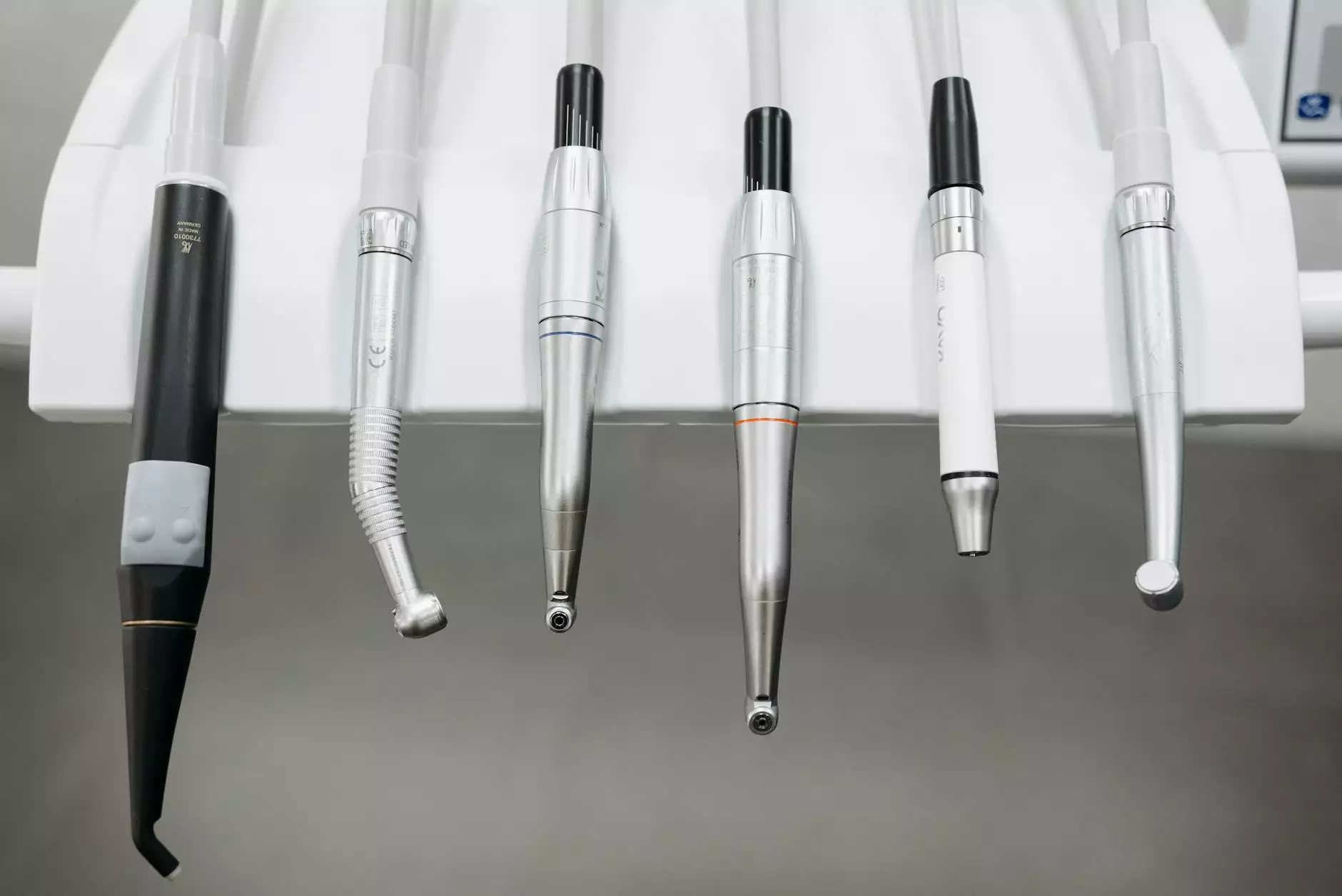Understanding Bridges and Dentures: A Comprehensive Guide

Dental health is an often-overlooked aspect of overall well-being that plays a crucial role in our physical health, social interactions, and self-esteem. One of the most significant advancements in the field of dentistry is the development of dental prosthetics, specifically bridges and dentures. These solutions not only restore function but also enhance aesthetic appeal, allowing individuals to regain their confidence. In this article, we will delve deeply into the world of bridges and dentures, discussing their types, benefits, maintenance, and everything you need to know to make informed decisions about your oral health.
The Basics of Bridges and Dentures
Bridges and dentures are both types of dental prostheses designed to replace missing teeth. Let’s explore each of these in detail:
What are Dental Bridges?
A dental bridge is a prosthetic device used to fill the gap created by one or more missing teeth. As the name suggests, it "bridges" the space between the remaining teeth. Traditional bridges typically consist of:
- Abutment Teeth: These are the adjacent teeth that support the bridge. They are usually crowned to provide durability and stability.
- Pontic: This is the false tooth or teeth that sit between the abutment teeth and fill the gap. Pontics can be made from various materials, such as porcelain, metal, or a combination of both.
Bridges can be categorized into several types:
- Traditional Bridges: The most common type, which involves crowns on both anchoring teeth.
- Maryland Bonded Bridges: Use a framework bonded to the back of the abutment teeth, offering less invasive alternatives.
- Implant-Supported Bridges: These bridges use dental implants for added stability, especially useful for patients with multiple missing teeth.
What are Dentures?
Dentures are removable appliances that replace missing teeth and the surrounding tissues. They can be complete (full) or partial, depending on the number of missing teeth:
- Complete Dentures: Used when all teeth are missing in an arch. They rest on the gums.
- Partial Dentures: Used when some natural teeth remain. They are attached to the remaining teeth with clasps.
Modern dentures are crafted from lightweight, durable materials that closely mimic the appearance of natural teeth, allowing users to feel confident and comfortable.
The Benefits of Bridges and Dentures
Bridges and dentures offer a multitude of benefits that can significantly enhance one's quality of life. Here are some key advantages:
Improved Aesthetics
One of the primary benefits of both bridges and dentures is aesthetic enhancement. Missing teeth can cause facial sagging and a sunken appearance, leading to reduced self-esteem. By restoring teeth, bridges and dentures can:
- Enhance your smile.
- Restore facial contours.
- Give you a more youthful appearance.
Restored Functionality
Both bridges and dentures restore the ability to chew, speak, and eat comfortably. Missing teeth can lead to difficulty in consuming various foods, which can limit a person's diet. By restoring functionality, these prosthetics allow individuals to enjoy their favorite foods. They also contribute to clear speech, preventing slurring or mumbling often caused by lost teeth.
Improved Oral Health
Bridges and dentures not only replace missing teeth but also help in maintaining the alignment of the remaining teeth. They prevent the adjacent teeth from shifting into the gaps, reducing the risks of:
- Misalignment
- Increased wear on remaining teeth
- Temporomandibular joint (TMJ) disorders
Cost-Effective Solutions
While many may consider dental implants as the gold standard for replacing teeth, bridges and dentures can be more cost-effective options. They often require less time and fewer procedures, making them accessible to those on a budget or without extensive dental insurance coverage. Investing in bridges or dentures is an investment in your health and happiness.
Choosing Between Bridges and Dentures
Deciding whether to opt for bridges or dentures involves several factors. Here are some important considerations:
Extent of Tooth Loss
The decision between bridges and dentures largely depends on how many teeth you are missing. If you require only one or two teeth replaced, a bridge might be the more suitable option. However, for complete tooth loss in an arch, dentures are typically recommended.
Oral Health Status
Your current oral health will impact your choice. For instance, if the surrounding teeth are healthy enough to support a bridge, this may be the best route. Alternatively, denture candidates may have significant tooth loss and related dental issues necessitating a more comprehensive approach.
Personal Preference
Some people prefer the fixed nature of bridges, while others appreciate the versatility of dentures. Discussing these preferences with your dentist will help you make the right choice for your lifestyle.
Maintaining Bridges and Dentures
Proper care for your bridges and dentures is vital to ensure their longevity and your oral health. Here are some key maintenance tips:
Caring for Bridges
- Regular Dental Check-ups: Schedule regular check-ups with your dentist to monitor the condition of your bridges and surrounding teeth.
- Oral Hygiene: Maintain good oral hygiene by brushing twice daily and flossing. Special flossers designed for bridges can help remove plaque between teeth.
- Avoid Hard Foods: Steer clear of hard foods that could damage the bridge or dislodge it.
Maintaining Dentures
- Daily Cleaning: Clean dentures daily with a non-abrasive cleanser to prevent plaque buildup and stains.
- Soaking: Soak dentures in a container with water or a mild denture cleaner when not in use to prevent them from drying out.
- Handle with Care: Always handle dentures over a soft surface like a towel to prevent them from breaking if dropped.
Conclusion
Bridges and dentures are indispensable tools in modern dentistry, helping countless individuals regain their smiles and enhance their quality of life. By understanding the roles, benefits, and maintenance of these dental solutions, you are better equipped to make informed decisions regarding your oral health. Remember, consultations with your dentist are crucial for choosing the appropriate solution tailored to your needs. Investing in bridges or dentures is more than just a cosmetic enhancement; it’s an investment in your health and overall well-being.
Edward Byrne Dental Clinic is dedicated to providing high-quality dental care, ensuring our patients receive the best possible outcomes with bridges and dentures. Whether you’re considering options for tooth replacement or seeking advice on maintaining your dental prosthetics, our team is here to assist you every step of the way. Schedule a consultation today and take the first step towards a healthier, happier smile.









